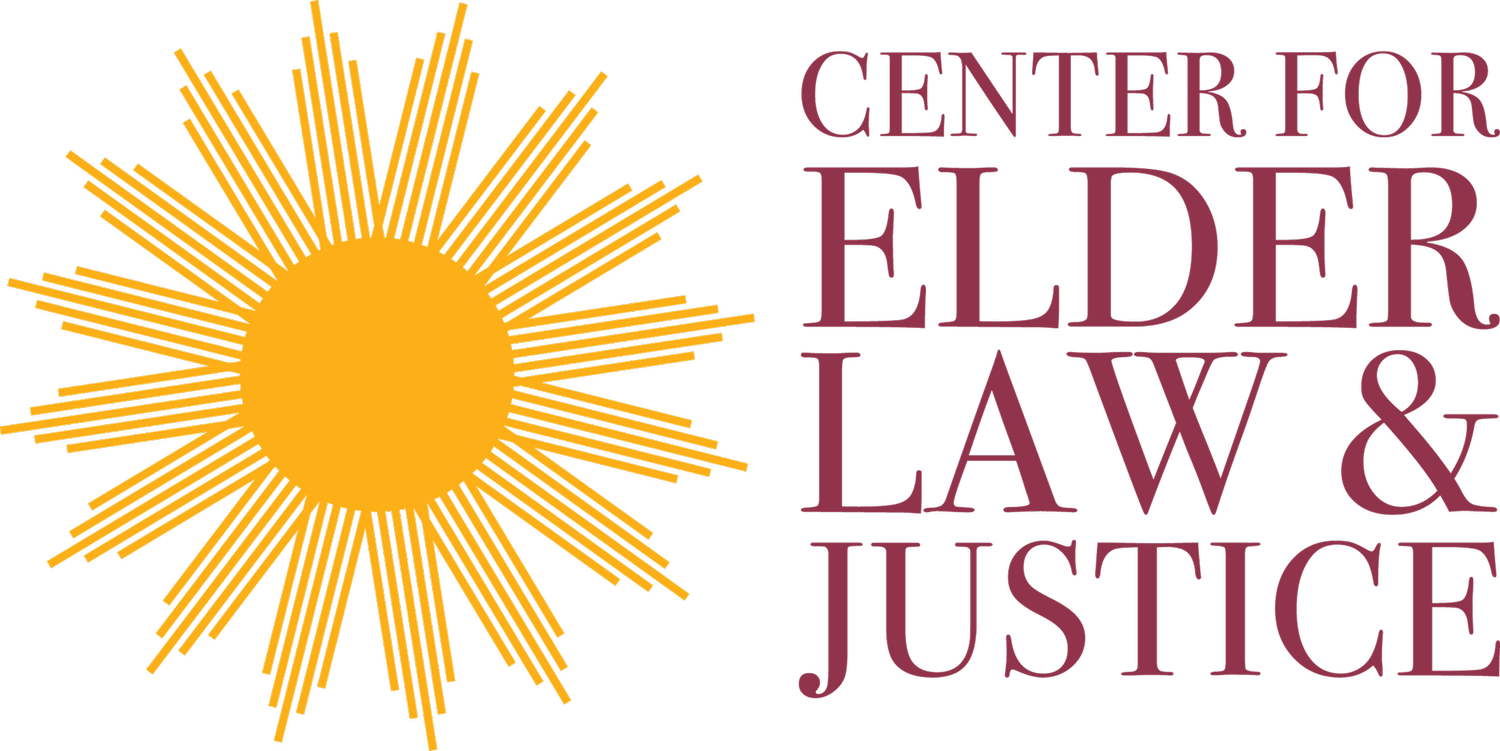What to Expect If You Fall Behind on Rent: Nonpayment Eviction
Most people who live in the City of Buffalo rent their homes.[1] Almost half of these renters are “rent burdened,” meaning at least 35% of their income is spent on rent.[2] With such a large percentage of income needed to secure shelter, many Buffalonians find themselves facing homelessness when an illness, injury, or other circumstance leaves them temporarily unable to work.
If you have fallen behind on rent, your landlord may move forward with a nonpayment eviction to recover their lost income, their property, or both. The eviction process can be stressful and intimidating for tenants. But it is important to understand that it is just that—a process—and in Erie County, you don’t have to go it alone.
How does a nonpayment eviction work?
If your landlord thinks you owe rent, they can sue you for the balance in Landlord/Tenant court and ask the judge to issue a Warrant for your eviction if you do not pay. In addition to forcing you out of your home, an eviction will go on your permanent rental record and may make it difficult to be approved for rental properties, credit cards, and loans in the future.
If your landlord moves ahead with a nonpayment eviction, there is a strict timeframe in which you must receive two key legal documents.
o 14 Day Notice to Pay or Quit
Before the matter can be brought to court, your landlord must provide you with a written rent demand letter that includes a breakdown of the months and amounts that you owe.
Your landlord must allow 14 days for demanded payment to be made.
Your landlord must send this notice via certified mail.
This is considered step one in a nonpayment eviction proceeding.
o Notice of Petition and Petition
Once the 14 day demand period expires, you can expect to receive a Notice of Petition and Petition. This document is a thick packet that details several important pieces of information, including:
Date, time, and location of court appearance* (must be 10-17 days after you receive the Notice of Petition and Petition)
Breakdown of owed rent (and sometimes a ledger)
Notice of Applicability or Inapplicability of the New York State Good Cause Eviction Law
Your landlord must attempt to serve this document. If attempts at service are unsuccessful, the document may be sent via certified mail.
* It is crucial to show up for your first court appearance. If you are not present, the judge is likely to issue a default judgment and a Warrant for your eviction will be processed immediately.
I do not want an eviction on my record. How are nonpayment eviction cases settled?
An attorney can negotiate and enter you into a legally binding Stipulation of Settlement & Discontinuance that effectively stops your eviction case. So long as you abide by the terms outlined in your Stipulation, no eviction will appear on your record. There are two general types of nonpayment settlements:
Payment Plan agreements create a schedule by which you pay back all arrears in addition to your ongoing rent. This type of settlement tends to be a good option for tenants who want to stay in their current rental unit.
Mutual Termination agreements set a date and time by which you agree to be completely moved out of the unit and physically off the property. This type of settlement tends to be a good option for tenants who want to move out of their current rental unit.
What if I cannot afford an attorney?
In Erie County, there are several nonprofit organizations (including Center for Elder Law & Justice) that provide free representation to tenants facing homelessness through nonpayment eviction. You may sign up with one of these organizations at your first court appearance.
I want to stay in my home and need help paying my owed rent. Where can I go for help?
If you have fallen behind on your rent and need assistance paying your rental arrears, the Erie County Department of Social Services offers a program that may be able to help. To learn more, please visit this website: https://www3.erie.gov/temporaryassistance/shelter-arrears.
Every situation is unique. If you have received any of the above legal paperwork and/or have questions about the nonpayment eviction process, please contact Center for Elder Law & Justice at (716) 853-3087 for free legal advice.
[1] https://www.census.gov/quickfacts/buffalocitynewyork
[2] https://www.wamc.org/2024-10-01/more-rental-properties-are-needed-in-buffalo-a-pilot-program-aims-to-help
